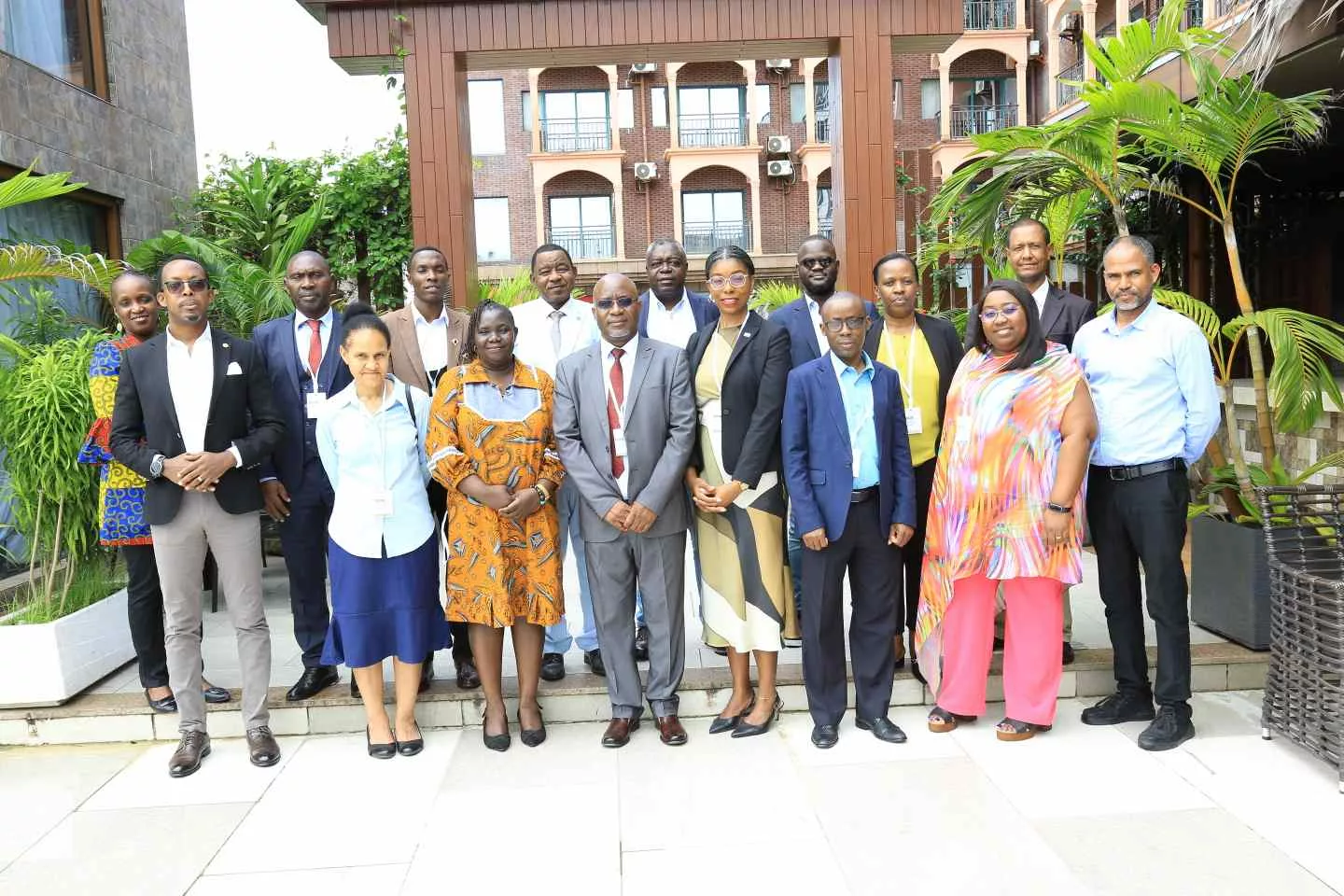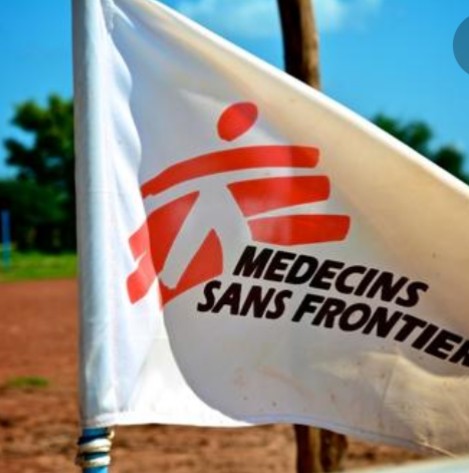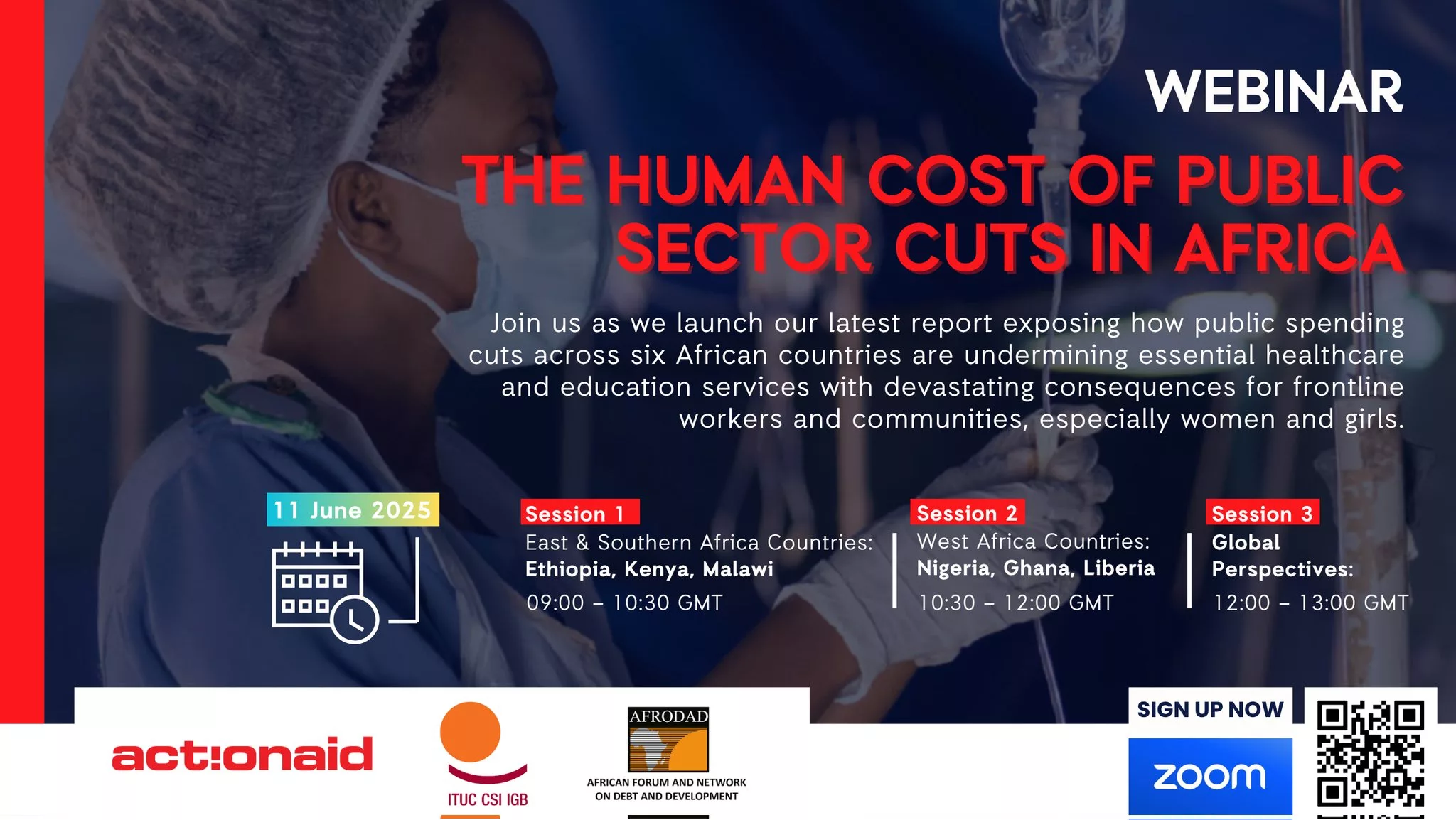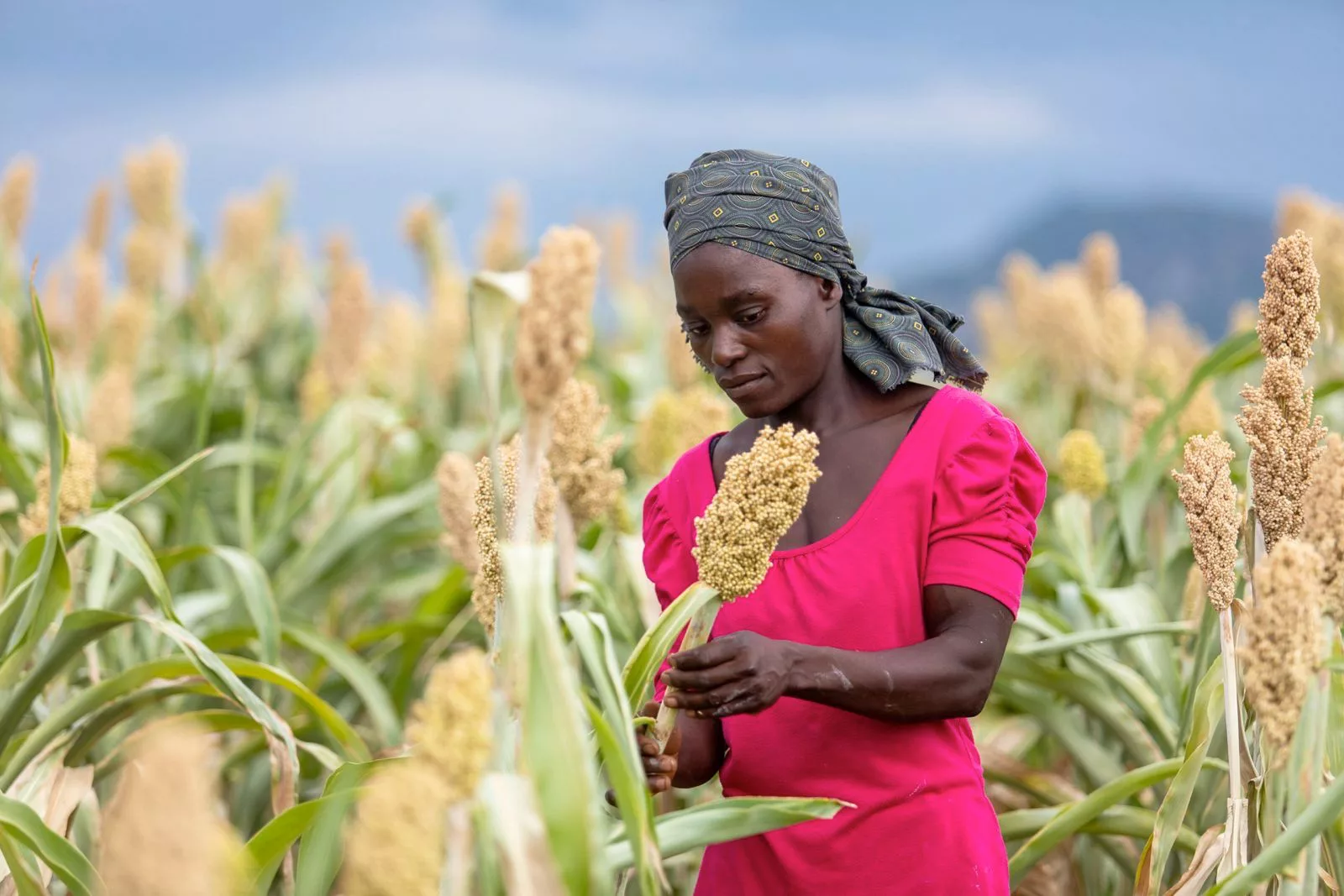|
Getting your Trinity Audio player ready...
|
Libreville, Gabon 03/12/24 – An African Union coordination and consultative forum on sanitary and phytosanitary policy is being held today in Libreville, Gabon, to analyse the development and accelerate actions to safeguard consumer health and facilitate safe trade on the continent.
Experts in this area will adopt the action matrix of the issues raised at the previous meeting, and present the SPS activities implemented between June and November 2024, as well as the next programmes and activities for 2025.
The report of the study on biopesticides and the way forward, the communication strategy of the sanitary and phytosanitary system, and the development of a knowledge management portal and an information sharing portal are all part of the analysis and discussions.
Other aspects on the table include the revision of the AU’s SPS policy framework, a description of the experience with regulatory impact assessment, control and evaluation, interventions for an early warning system for food (human and animal) and consultancy to draw up the 10-year post-Malabo action strategy.
Information will be shared on the status of the implementation of the third strategy of this programme’s framework, how to speed up implementation and the status of the African Food Safety Agency.
During this meeting, participants will also review the status of the SPS P-IMA project, how it is being used to prioritise investments, and how to increase its reach as member states implement the sanitary and phytosanitary policy framework.
The issue of the African Continental Free Trade Area (AfCFTA), particularly in SPS, and how the priorities identified through the Platform for Information and Assessment of the Sanitary and Phytosanitary System (P-IMA) can be integrated into the Comprehensive Africa Agriculture Development Programme (CAADP), is part of the agenda.
Opening the event, Chiluba Mwape, senior programme officer for the AU’s SPS programme, stressed that the African Union recognises that reliable access to and use of adequate food and agro-products is a fundamental requirement for the well-being of its citizens. It therefore seeks to improve the lives of its people by removing obstacles to the production, access and utilisation of food and agricultural products.
“This requires a combination of policy prescriptions that enable backwards and forward linkages in investments in quality infrastructure, among other sectors,” he said.
The objectives of this forum are to create awareness and application of good regulatory practices, to have a common understanding of the process and cycle of the biennial report (BR), the general objectives and strategic mode of operation as defined in the CAADP business plan (2022-2026) and the link between the national and regional investment programme.
Regarding the progress of the sanitary and phytosanitary system, none of the 49 reporting member states has reached the benchmark of 9 out of 10, indicating that none is on track to reach the 100 per cent target.
The latest biennial review report of the agricultural programme for this indicator stresses that member states should give priority to health improvement measures, to reduce food-borne diseases and associated deaths by 50% by 2025.
It also states that in line with the objective of the SPS programme, it includes strengthening food safety standards, improving surveillance systems and promoting public awareness campaigns to reduce the incidence of foodborne diseases.
That includes ensuring effective, transparent, inclusive and lasting regulation, especially about sanitary and phytosanitary regulations.






